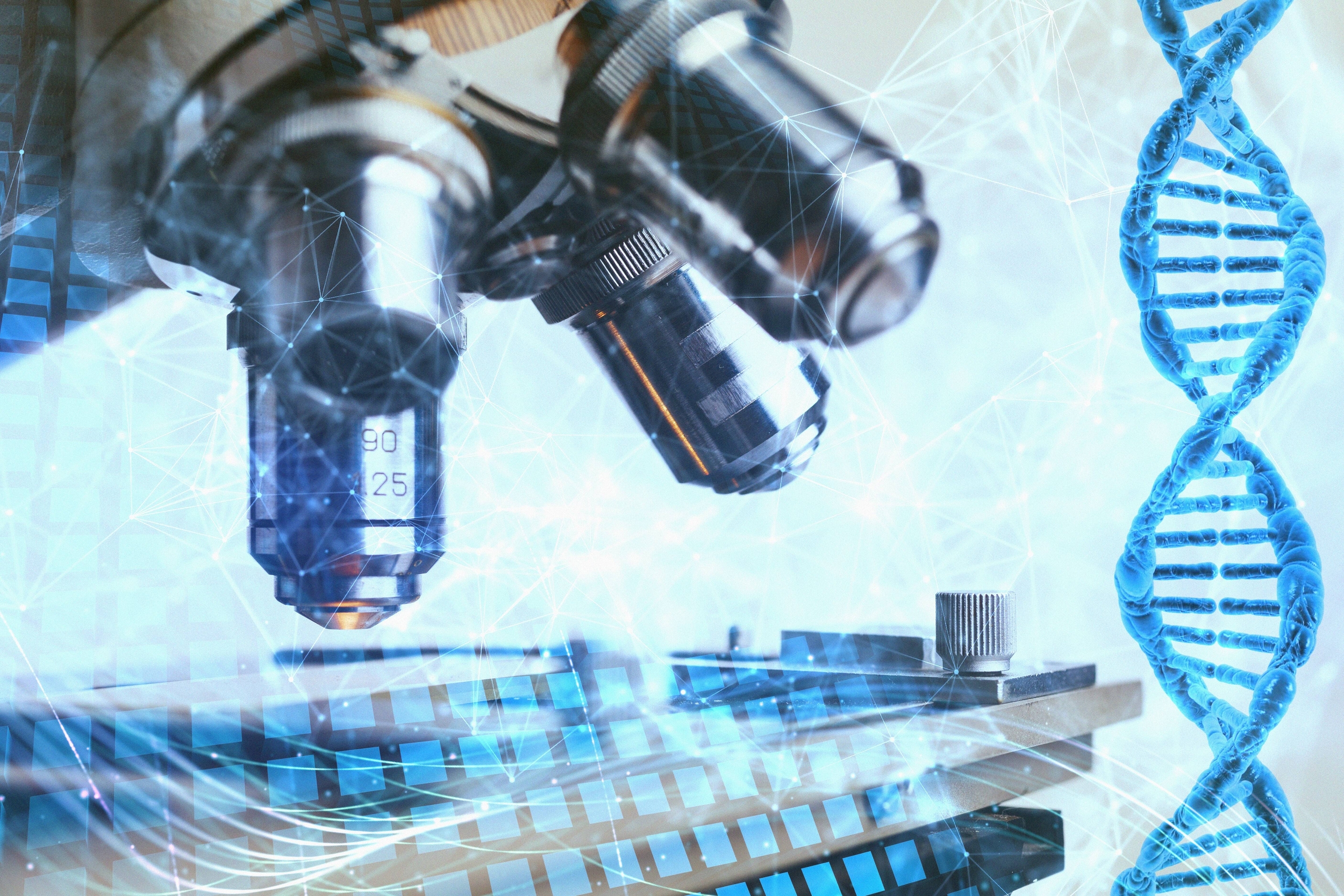The project will develop along three lines:
- application and development of advanced chemical characterization methods to guarantee and promote the traceability and quality (functional and nutritional) of agri-food products and the sustainability of production processes;
- implementation of multiscale systems for the physiological characterization of plants and agro-forestry systems;
- development of computational tools for the management, analysis and integration into big data agronomic models.
The project is part of FEM's strategic path aimed at consolidating and developing its skills with respect to the needs of the territory by strengthening connections with the broader national and international community.
The organization in WP highlights the continuity with the IR FRUITOMICS, in line with the current structure and the industrial development already foreseen for 2024 and 2025, therefore maintaining the numbering of the WPs on which it is intended to strengthen the IR unchanged:
a. WP1. Characterization and promotion of food quality:
- [Task 1.1.] Development and application of traceability methods
- [Task 1.2] Metabolomics analysis of agri-food matrices
- [Task 1.3] Real-time analysis of volatile compounds in agri-food processes
- [Task1.4] Development of nutritional metabolomics methods for studying food-individual interaction.
b. WP4. Characterization of agro-systems and precision agriculture:
- [Task 4.1] Rapid and quantitative characterization of physiological, phytopathological, productive and qualitative parameters of crops and forest ecosystems
- [Task 4.2] Study of the greenhouse gas balance by operating transversally
c. WP3 will be strengthened for the conservation [Task 3.1] and data analysis with particular attention to modeling and forecasting aspects [Task 3.2].
WP1: CHARACTERIZATION AND PROMOTION OF FOOD QUALITY
The primary objectives of WP1 concern the study and definition of food quality, guaranteeing traceability along the entire supply chain (Task 1.1) and through the measurement of the compositional properties of food matrices (metabolomics) (Task 1.2) and the rapid and non-invasive monitoring of transformation processes (Task 1.3). These aspects are central to consolidating consumer trust while enhancing local production and constitute the fundamental hub to support varietal selection and breeding activities.
The analytical potential offered by IR will be increased through the acquisition of instruments that will allow: a) compound-specific isotopic analysis interfaced with gas chromatography; b) the characterization of volatile compounds by two-dimensional gas chromatography; c) highly sensitive and non-invasive monitoring of volatile compounds with high-throughput direct injection mass spectrometry methods.
The characterization of the interaction of food matrices with the individual represents the final piece of the farm-to-fork approach. Nutritional metabolomics (Task 1.4) integrates nutrition studies through the study of metabolites deriving from the intake of specific foods in biofluids. In this area, the acquisition of a very high resolution spectrometer is expected which will also open up innovative research perspectives in the field of traceability (Task 1.1) and its applications to plant physiology and in the environmental field.
WP3: DATA MODELING AND ANALYTICS
The project activities will generate a large mass of heterogeneous data (genomic, chemical, phenotypic) which will have to be stored, organised, interpreted and, finally, inserted into agro-forestry models.
FRUITOMICS 2.0 with WP3 aims to update the infrastructure already present in FEM by extending its operational life and increasing its capacity in the areas of Machine Learning, Artificial Intelligence and agronomic modeling. In particular, we propose the purchase of adequate storage and data storage space (Task 3.1) and high-performance computational nodes (CPU, GPU, Task 3.2).
WP4: CHARACTERIZATION OF AGRO-SYSTEMS AND PRECISION AGRICULTURE
Recent technological developments in the areas of remote/proximal sensing, distributed sensors (IoT) and communication networks make extremely high-performance tools available to quantitatively characterize agro-forestry systems, both at the individual leaf/fruit level and at territorial level. In this context, the objective of the proposed investments is to equip FEM with cutting-edge instruments for physiological measurements (photosynthesis, fluorescence, gas exchange) in the open field and for the high-productivity multiparametric characterization of fruits (Task 4.1).
The instrumentation will allow us to study the response of the vegetation to the local microclimate, to monitor the physio-pathological processes and will integrate with the lines of research already active in the field of breeding and the optimization of agronomic practices (precision agriculture) aimed at optimization of sustainability and productivity in a context of significant climate evolution. At a systemic level, these data will allow us to study the agro-forestry dynamics (balance) of greenhouse gases (Task 4.2) with a view to promoting the sustainability of primary production.


